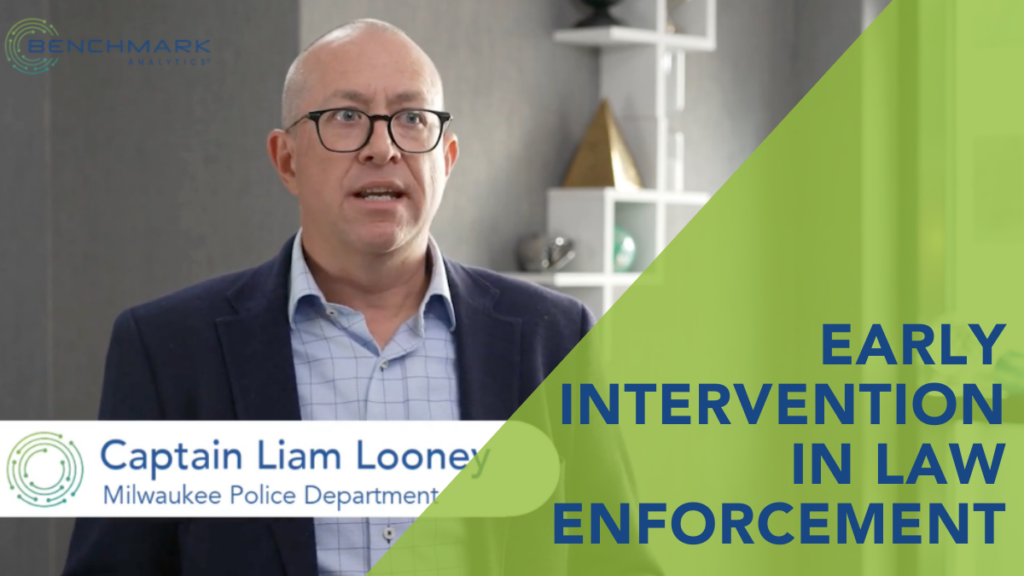Why and How (Most) Police Departments Should Go Paperless
Posted
April 16, 2019
Share:
It’s likely no child has ever spent a wish on becoming a paper pusher, but it’s an unavoidable part of nearly every job. Some companies, like those serving other businesses or selling goods directly to consumers, have pivoted to cloud-based document management, while others, namely government agencies and organizations serving the public, continue along the paper trail.
Paper continues to factor into your agency’s processes through its familiarity and ubiquity. At least, that’s how it’s been until recently. Digital products have rapidly assumed a commonplace role in the day-to-day of most people’s lives. People have skilled-up entirely on their own in order to communicate where their friends, family, and colleagues spend most of their time: online.
Most agencies find moving to a cloud-based or digital document management approach provides more control over compliance (like CALEA accreditation), security, collaboration, and general efficiency. If that sounds compelling, here’s where to start.
Preparing for a paperless agency
Identify and map your paper-based workflows
You can’t go paperless without knowing how you currently use paper. Instead of asking your team to provide a run-down of all the ways they use paper, make a list of the most important documents you see on a daily, weekly, or monthly basis. Then it’s time for a little reverse engineering. Trace the identified documents to their source (e.g., the first iteration of a Use -of-Force report, or the officer who fielded a citizen complaint), noting every person or process it encounters along the way. This exercise will uncover the many ways paper moves through your department and provide a roadmap for digitization.
What stays, what goes
While you identify your agency’s paper-based workflows, from where they originate to where they terminate, you can begin choosing which ones you’ll digitize and which you can abandon.
This step will vary by agency. While businesses might reinvent their processes every few years, many law enforcement agencies move at a slower pace. Modes of operating continue on through generations of law enforcement, adopted and perpetuated because, “That’s just how we do it.”
Pick an agreed upon time to start digitizing…and stick to it
This is where many businesses and agencies get stuck when moving away from paper (or while navigating any kind of change). There’s where you want to be and there’s where you’re at. Balancing between those realities can be uncomfortable, but necessary, for many leaders. The time-tested way to expedite change-management is to draw a line in the sand between past and present operations.
Choose a date for your agency to fully commit to digital processes, stick to it, and accept that some paper might find its way to your desk.
Support new processes with training (preferably online)
 To ensure paper becomes the exception to the rule, your team will need training on your department’s new way of doing things. Once, you might have distributed print-outs to explain new methods or alert your personnel to changes. Embrace your new paperless agency by using an online training solution to teach people how to use your new digital processes. You can learn more about online training platforms, often called Learning Management Systems (LMS), here.
To ensure paper becomes the exception to the rule, your team will need training on your department’s new way of doing things. Once, you might have distributed print-outs to explain new methods or alert your personnel to changes. Embrace your new paperless agency by using an online training solution to teach people how to use your new digital processes. You can learn more about online training platforms, often called Learning Management Systems (LMS), here.
Why it’s worth your department’s time
Going paperless might sound daunting, but it pays off in the long run. Especially for organizations that handle a lot of data, are compelled to operate transparently, or have a field-based workforce. There are plenty of unique advantages each department will realize on the way to digitization, but we often see the following three outcomes regardless of an agency’s size or specifics.
Reduce the effort of compliance and accreditation
Law enforcement agencies are increasingly subject to a number of data transparency laws. Recent examples include California Senate Bill 1421 and Colorado’s House Bill 19-1119. Both of these laws require departments to produce documents related to internal affairs cases upon request from the public. Doing so with paper and excel spreadsheets just isn’t feasible. Consider the time your personnel would spend on a single request. What could they be doing instead?
Less paperwork, more police work
It’s a basic truth – the more time your officers spend on paperwork, the less time they’re spending out in the community. For better or worse, short-changing either isn’t acceptable, so your officers end up burning the candle at both ends. The impact is felt in your department, in your communities, and in the homes of your officers.
Improved collaboration between your agency and third-parties
No agency exists in a vacuum. Many use third-parties for training materials, accreditation management, and other operational support. Mentioned previously, most companies have started to embrace cloud content and data management. By working off paper, you won’t restrict your agency so much as devalue the impact third-party providers could have on your officers.
If you want to implement new de-escalation training, but the company only provides digital courses with online tests, would your officers be prepared to use them? Would you be able to evaluate the impact of that training by looking at whatever field reports are on hand? You might be able to do so, with enough time and assuming that data has been captured accurately. But time is a luxury in law enforcement.
Long-lasting impact
Going paperless might sound intimidating to some, but your agency will continue to feel the positive impact for years to come. Paper was the reigning method of knowledge management for…a long time. Going digital will ensure your agency can focus on issues more important than process management, like community engagement.
Learn more about the Benchmark Management System® (BMS) here.
Related Posts
Ready to Experience the Benchmark Difference?
Benchmark Analytics and its powerful suite of solutions can help you turn your agency’s challenges into opportunities. Get in touch with our expert team today.



